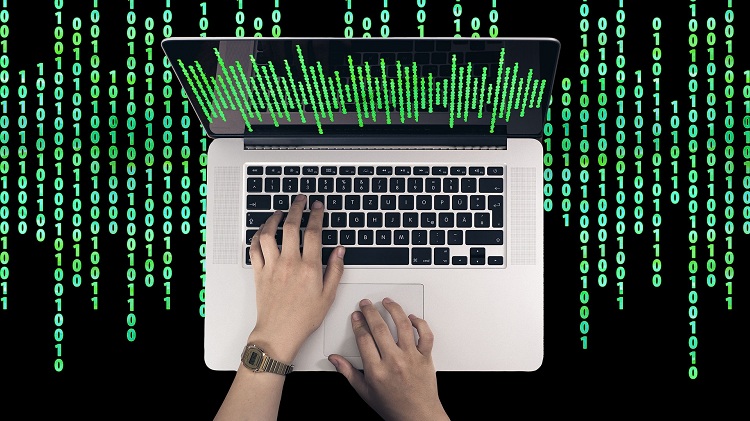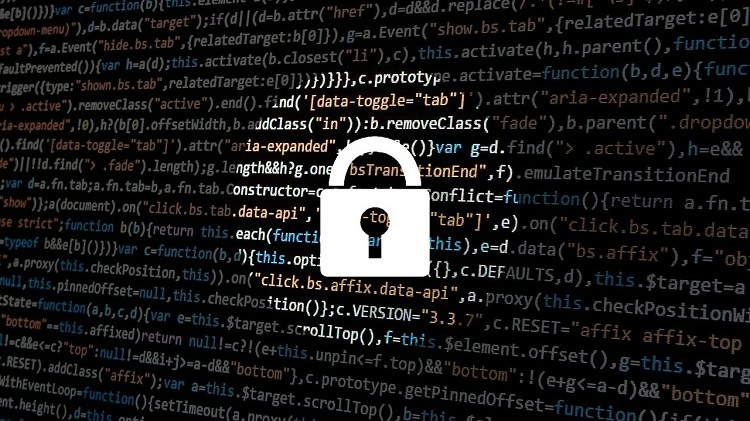Cyber-attacks, especially by organized groups of hackers, are on the rise for the last few years. As a countermeasure, the demand for cyber-security professionals by organizations is also growing. Although the main objective of hiring security professionals is the protection of data, that doesn’t mean that only data scientists can be a part of the cyber-security team. Cyber-security field has a wide range of job offers for both, IT and non-IT professionals. The variety of options, especially for those with no security or IT background, sometimes creates difficulty in choosing the right career path. To address this issue, we present a brief description of different cyber-security career paths to help people understand different job roles and choose a career path that best matches their skills and ambitions.

Security Engineers
Maintaining systems security and information security are the core responsibilities of security engineers. That is why the terms “Systems Security Engineer (SSE)” and “Information System Security Engineer (ISSE)” are interchangeably used for security engineers. The main job responsibilities of security engineers are listed below.
- Developing security standards, best practices, and strategies to stay protected and respond to any cyber-attacks on the organizations.
- Implementation of necessary security measures, such as firewalls, encryption/decryption software, Intrusion Detection System (IDS), and Intrusion Prevention System (IPS).
- Carrying out necessary scans and attack simulations to find out vulnerabilities and loopholes in the networks.
- Constantly monitoring networks for any data breaches and responding with adequate incident response
Security Consultants
Security consultants are involved in providing the cyber-security related consultancy to different organizations and businesses. Security consultants can be freelance workers or members of consultancy firms hired by different organizations. Since cyber-security also involves the physical security of the networks along with information security, the consultants can be physical security consultants as well as data security consultants. Following is a brief overview of security consultants’ job.

- Assessing the risks associated with data security and providing adequate solutions to counter such risks. For example, assessing the IT infrastructure to find out the weaknesses that can be exploited by hackers.
- Addressing the physical security issues of the organizations and helping them with counter-actions, such as the implementation of four D’s of security (deter, detect, delay, deny).
- Assessing the physical environment of the organizations to determine the risk of the happening of natural calamities (like earthquakes, floods, and temperature) in the vicinities and developing the evacuation plans.
- Counseling/training/educating the employees on security issues and policies.
Security Analyst
Security analysts are involved in analyzing the security posture of the organizations. They do a security gap analysis to find out different areas that can be improved to enhance the digital security of the organizations. The role of security analysts is somewhat opposite to digital crime investigators. The later investigate the incidents that occur after a security breach. The security analysts take all necessary measures to help organizations avoiding any undesired incidents occurring. The main responsibilities of security analysts include the following tasks.

- Analyzing the security policies and auditing the current security measures to find out the weaknesses.
- Recommending new security technologies or customizing the existing ones to improve the digital security of the organizations.
- Auditing (scrutinizing) the contractors hired by the organization for any security tasks.
- Maintaining a balance between the budget and security requirements of the organization.
Security Administrator
Security administrators are the backbone of the security infrastructure of an organization. They are the most knowledgeable persons in terms of the security posture of the organizations. Security administrators are involved in practical tasks as compared to similar positions like security analysts who are more focused on giving recommendations based on their findings and audits reports. Following are some of the key responsibilities that can be associated with security administrators’ job.

- Configuring the security parameters like firewalls, IDS, IPS, and malware detectors to secure the systems and networks.
- Monitoring network traffic to find out anomalies and address them.
- Performing penetration tests to find out vulnerabilities and patch them.
- Setting up users’ accounts and groups according to the defined organizational policies.
- Taking necessary actions against users accounts, such as password resetting, limiting access, and accounts revocation.
- Auditing users’ access to organizational assets based on the access control and granted privileges.
- Consulting the security practices with people on managerial and executive positions to improve the security posture of the organizations.
- Defining disaster recovery plans and implementing them when needed.
Penetration Tester
Penetration testers are ethical hackers who try to break into networks, systems, and applications to find out the vulnerabilities. Penetration testers are different from security auditors. Security auditors perform similar tasks according to the defined standards to find out compliance flaws. Penetration testers, on the other hand, are free to use any malicious activities to find out security flaws. Penetration testers perform the following tasks.

- Run security tests to find out vulnerabilities in networks, computer systems, and web applications.
- Perform physical security assessment of hardware like servers, systems, and network devices.
- Perform security audits similar to the security auditors to find out the compliance issues.
- Analyzing the effectiveness of security policies of the organization and suggesting the changes that can improve the security.
- Preparing reports and providing feedback/suggestions to the organizations based on the security tests results.
Cryptographer
Cryptography is the base of data security. Different cryptographic algorithms and protocols are used to ensure confidentiality, integrity, availability, and non-repudiation of the data. Cryptographers are responsible for designing such algorithms. Some key job responsibilities of cryptographer are listed below.

- Designing secure cryptographic algorithms to provide adequate data security.
- Designing secure authentication protocols.
- Designing secure authorization protocols.
- Applying necessary data encryption techniques to resist alteration, modification, or copying of organizational data at rest and motion.
- Ensuring the availability of data to the intended users only.
- Evaluating, analyzing, and fixing weaknesses in cryptographic setups.
- Ensuring security of financial data like credit card numbers, security pin and bank transactions data
- Decoding ciphers through data decryption techniques.
Forensics Expert
Digital forensics experts play an important role in the investigation of digital crimes. They collect evidence from crime scenes and present before the concerned authorities. Organizations hire forensics experts to investigate digital crimes like a security breach. Forensics experts help organizations and government institutions in tracing the person behind the digital crime. Following are some important job duties of forensics experts.

- Identifying and gathering the potential evidences from the crime scenes.
- Preserving the evidence by creating ditto copies of the gathered information from the crime scene.
- Documenting the information collected from the crime scenes by making detailed notes.
- Analyzing the data gathered from the crime scene and generating detailed reports.
- Presenting the evidence in an admissible form.

Leave a Reply